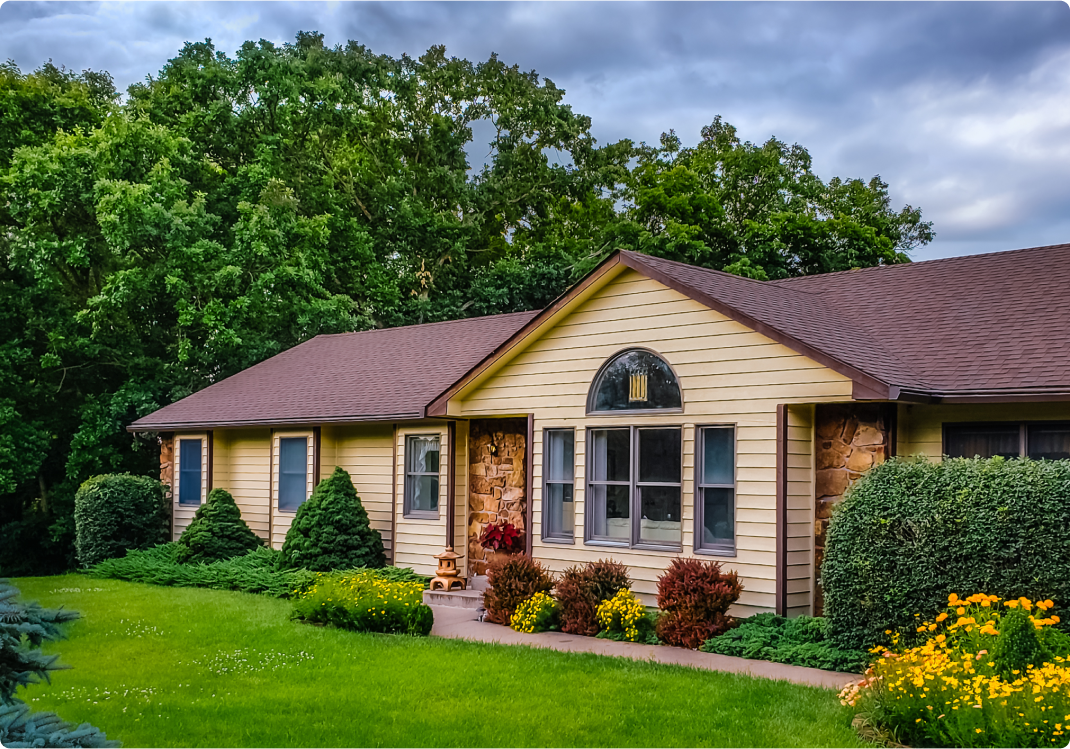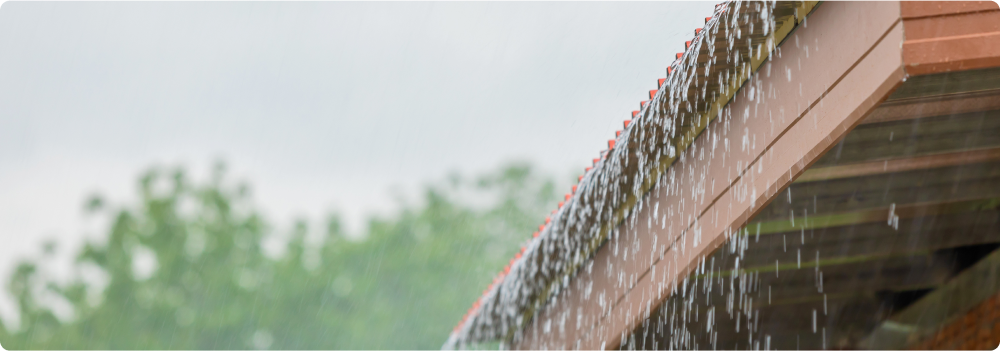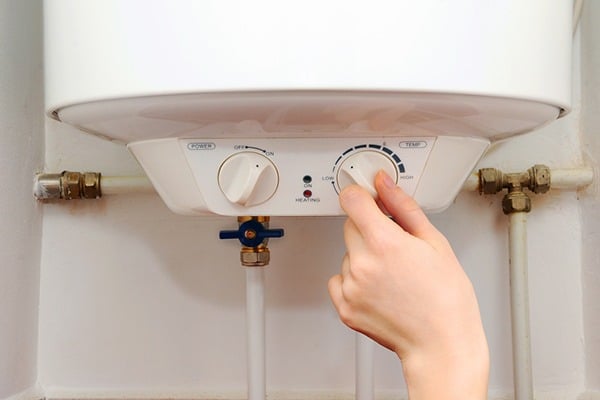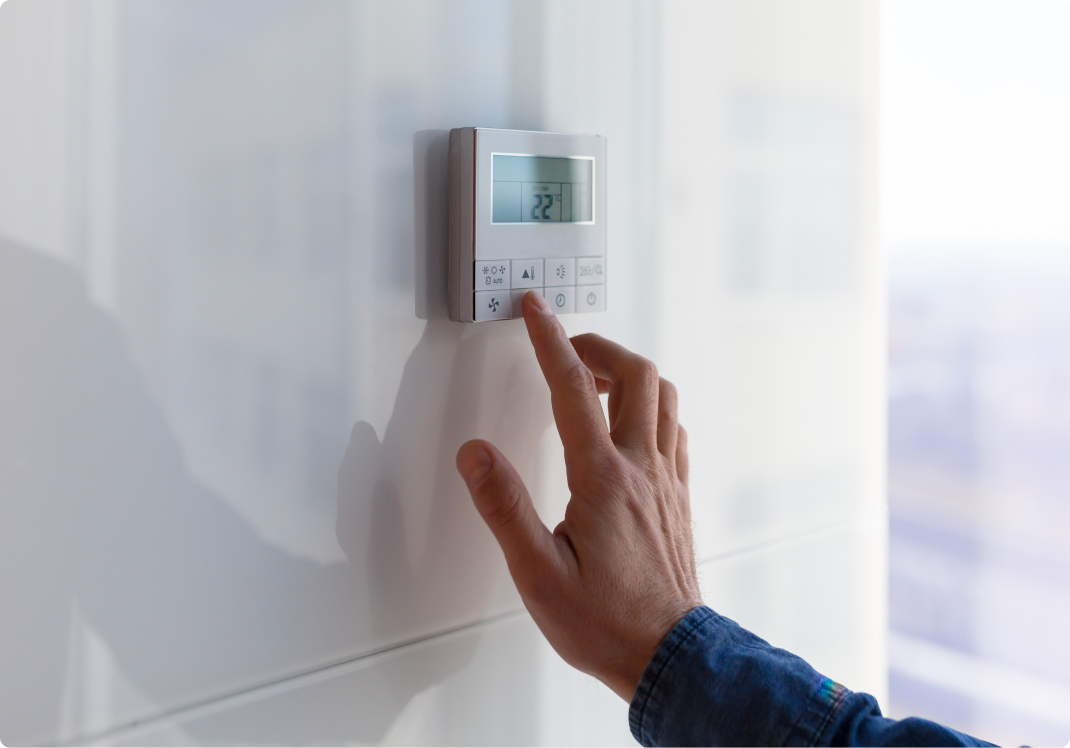Most people are sensitive to changes in the weather. In fact, you probably talk about the weather with family, close friends, acquaintances and even strangers. You watch and listen to forecasts and choose your attire based on weather reports. While you may spend a lot of time thinking about how the weather will affect you, you may rarely think of how the weather and the climate affect your home. However, understanding how climate affects housing is crucial for maintaining your home’s integrity.
What happens to your home when temperatures change? Can colder weather affect your home's framing, foundation or other structural elements? And how does climate affect houses? Read on to find out.
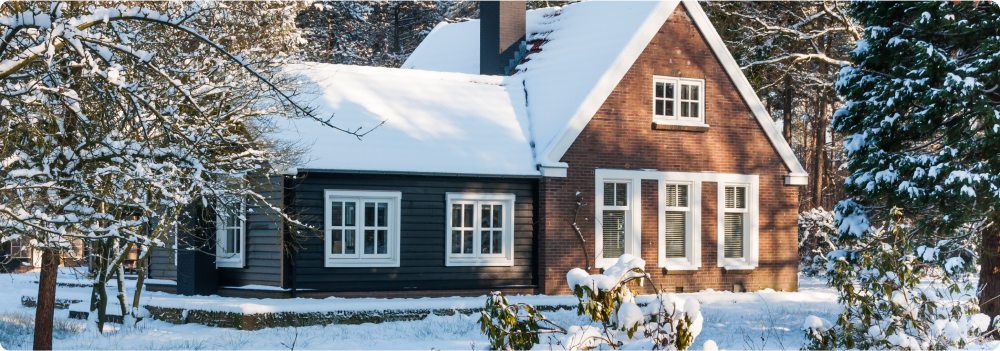
Cold weather climates: Brrrr-acing for impact
When Jack Frost comes knocking, a house in cold climate regions faces some chilly challenges:
Frozen door locks
Nothing kills the mood faster than being locked out of your own home. One of the main problems is with the lock mechanism itself. Moisture from rain or snow sneaks into keyholes, freezes, and suddenly you're left out in the cold.
If you suspect ice is the cause of your sticking door lock, try carefully thawing it. One method is to heat your key before inserting it, or keep a commercial lock de-icer handy. And if your key is still not cooperating, consider a rekey service.
HVAC hijinks
Those in-between seasons can leave you playing thermostat roulette. One day it's shorts weather, the next you're bundled up like a burrito. A smart or programmable thermostat can take the guesswork out of keeping comfy and save you some cash, keeping your home’s AC consistently set to a reasonable temperature.
Frozen pipes
The silent home wrecker of winter. When temperatures plummet, your pipes could throw a tantrum and burst. This is a common issue for a house in cold climate regions where freezing temperatures are the norm. Take precautions as soon as a freeze warning is issued. Unhook any exterior water hoses, cover outdoor spigots with insulated sleeves, and never let your home’s temp dip below 56°F. Your plumbing (and wallet) will thank you.
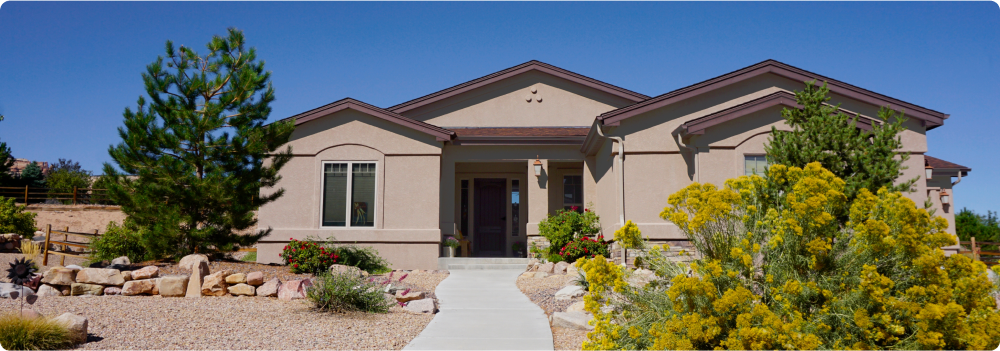
Hot weather: When your home needs a cold one
So, what about a house in a warm climate region? Let's break a sweat over these issues:
Roof deterioration
Your roof takes a beating under the scorching sun. Prolonged exposure to high temperatures can cause shingles to wrap, crack, or lose their protective granules. To combat this, keep your attic well-ventilated to reduce heat buildup and extend the life of your roof.
Foundation frustration
Dry, hot weather can make the soil around your foundation shrink faster than your favorite shirt in the dryer. This soil shrinkage can lead to foundation cracks and structural instability. To prevent this, regularly water the ground near your foundation to maintain soil moisture levels and keep it from cracking up (literally). Knowing how climate affects your home’s foundation can save you from costly repairs down the road.
AC overdrive
During peak heat, your AC works overtime. Excessive use can strain your cooling system, leading to potential breakdowns. Regular tune-ups and maintenance checks are essential to keep your AC running efficiently and smoothly when you need it most.
